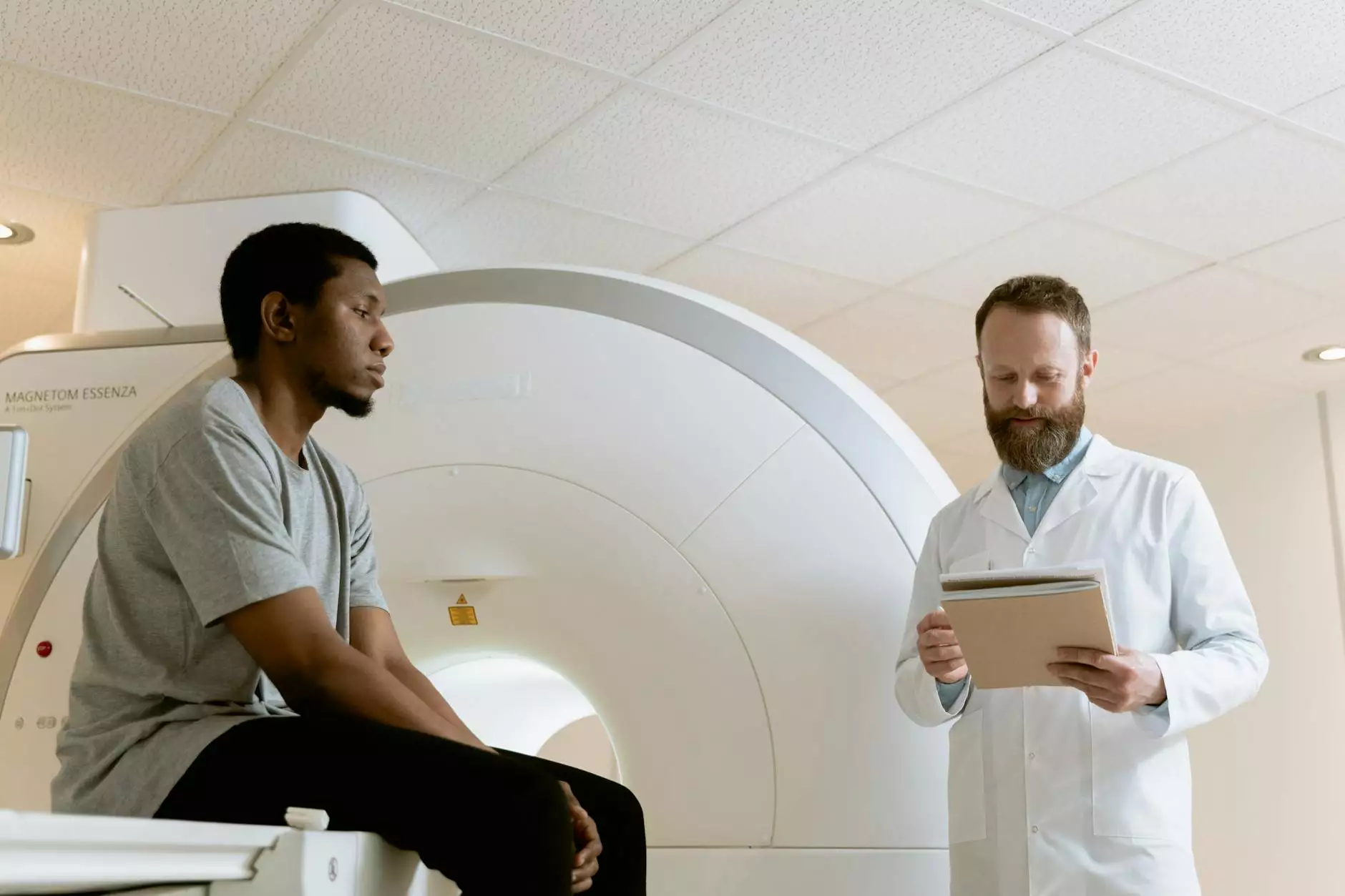Understanding Oncology Clinics: Your Guide to Quality Cancer Care

Cancer remains one of the leading health concerns globally, impacting millions every year. As the complexities of cancer diagnosis and treatment increase, the role of a dedicated oncology clinic becomes more crucial. This article aims to provide you with comprehensive insights into what to expect from an oncology clinic, how to choose the best one, and the types of services they offer.
What is an Oncology Clinic?
An oncology clinic is a medical facility that specializes in the diagnosis, treatment, and management of cancer. These clinics are staffed by a team of healthcare professionals, including oncologists, nurses, radiologists, and support staff, all working together to provide comprehensive cancer care.
The Importance of Choosing the Right Oncology Clinic
Selecting the appropriate oncology clinic is vital for ensuring you receive the best care possible. Your choice can significantly influence your treatment journey, outcomes, and overall well-being. Below are some key reasons why making an informed decision is imperative:
- Quality of Care: The expertise and experience of the medical team directly affect treatment success rates.
- Access to Innovative Treatments: Many leading oncology clinics offer cutting-edge therapies that may not be available elsewhere.
- Patient Support Services: A comprehensive approach includes emotional and psychological support services, which are critical for patient well-being.
- Reputation and Reviews: The clinic's reputation can provide insight into the experiences of other patients and their satisfaction levels.
Key Services Offered at Oncology Clinics
Oncology clinics offer a wide range of services tailored to meet the unique needs of cancer patients. Understanding these services can guide you in selecting a clinic that aligns with your specific treatment requirements:
Diagnosis and Screening
Accurate diagnosis is the foundation of effective cancer treatment. Oncology clinics provide a variety of diagnostic services, including:
- Imaging Tests: MRI, CT scans, and PET scans help visualize tumors and guide treatment decisions.
- Biopsy Services: Tissue samples are analyzed to determine the type of cancer and its stage.
- Genetic Testing: Some clinics offer testing to identify mutations that may influence treatment options.
Treatment Modalities
Once a diagnosis is established, oncology clinics offer several treatment options tailored to the cancer type and stage. Common treatment modalities include:
- Chemotherapy: Systemic treatment designed to kill cancer cells or stop their growth.
- Radiation Therapy: High doses of radiation are used to target and destroy cancerous cells.
- Surgery: Surgical oncologists may perform operations to remove tumors or affected tissues.
- Immunotherapy: Treatments that help the immune system recognize and attack cancer cells.
- Targeted Therapy: This involves drugs that target specific pathways or mutations in cancer cells.
Palliative Care
In addition to curative therapies, many oncology clinics also provide palliative care services to manage symptoms, reduce pain, and improve the quality of life for patients with advanced cancer.
Factors to Consider When Choosing an Oncology Clinic
Choosing the right oncology clinic necessitates careful consideration of multiple factors. Below are essential aspects to evaluate:
Accreditation and Certification
Verify the clinic's accreditations, as this indicates a commitment to quality care. Look for clinics accredited by reputable organizations such as:
- The American College of Surgeons Commission on Cancer (CoC)
- The National Comprehensive Cancer Network (NCCN)
- Other national or regional health organizations
Experience and Specialization of Healthcare Providers
The qualifications and experience of the oncologists and healthcare staff are critical. Consider clinics that specialize in your specific cancer type, as specialized centers often have better outcomes.
Location and Accessibility
Accessibility is another critical consideration. Choose a clinic that is convenient to reach, as cancer treatments may require frequent visits. Assess factors such as:
- Proximity to your home
- Public transportation options
- Parking facilities
Patient Support and Resources
Opt for clinics that prioritize patient-centered care. Excellent oncology clinics offer numerous support services, including:
- Counseling and mental health support
- Nutritional guidance and dietary support
- Patient education programs about cancer and treatment options
Insurance and Financial Considerations
Ensure that the oncology clinic accepts your health insurance plan. Also, inquire about financial assistance programs or payment plans, especially if you need surgery or specialized treatments.
Emerging Trends in Oncology Clinics
The field of oncology is ever-evolving, with new technologies and approaches enhancing patient care. Here are some innovative trends currently shaping oncology clinics:
Precision Medicine
Precision medicine tailors treatment plans based on individual genetic makeup, offering personalized approaches to cancer treatment. This method enhances therapeutic effectiveness and minimizes adverse effects.
Telemedicine
With the rise of telehealth, many oncology clinics now offer virtual consultations. This advancement provides patients with greater flexibility and access to specialists without the need to travel.
Integrative Oncology
Integrative oncology combines conventional cancer treatments with complementary therapies such as acupuncture, yoga, and nutritional counseling to enhance patient care and improve overall well-being.
Conclusion
As the journey through cancer treatment can be daunting, selecting the right oncology clinic is paramount. By understanding the available services, evaluating clinics based on essential criteria, and staying informed about emerging trends in cancer care, you can empower yourself to make the best decision for your health.
Whether you are newly diagnosed or seeking a second opinion, remember that the quality of care and support you receive can profoundly influence your experience and outcomes. Take the time to research and consider your options, as this is a crucial step in your cancer journey.
Additional Resources
For further information and support, consider exploring these resources:
- American Cancer Society
- National Cancer Institute
- Association of Community Cancer Centers
Remember, knowledge is power, and being informed is the first step toward effective cancer management.









